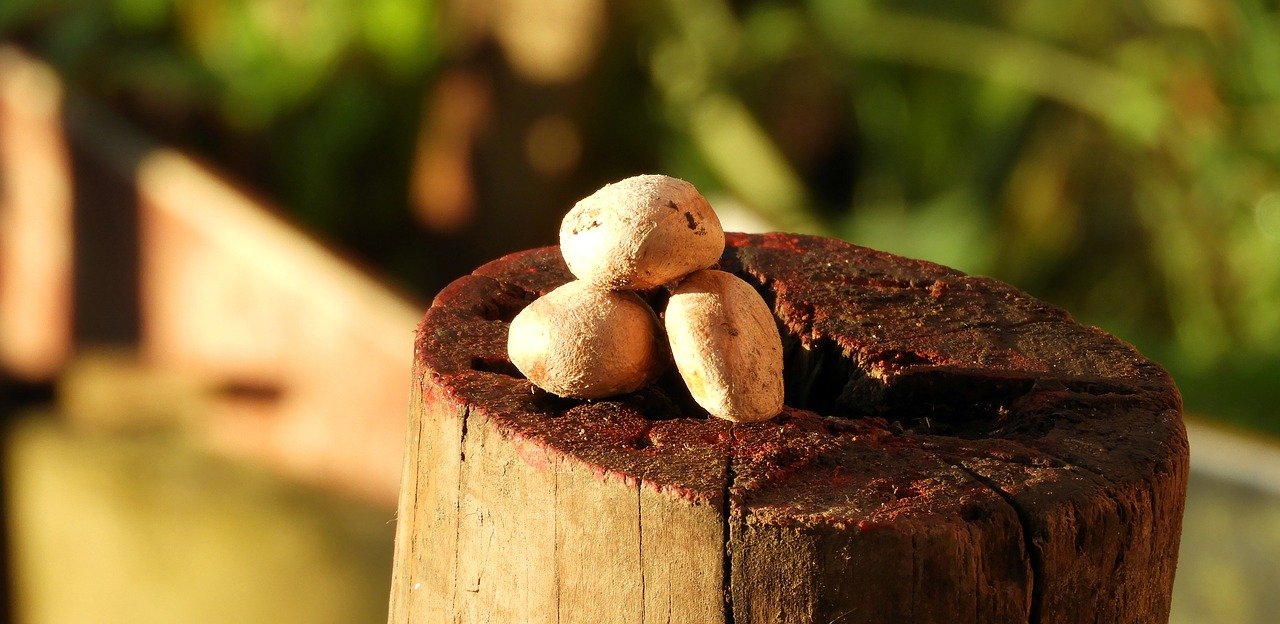“The Country,” from When I Was a Boy in Armenia, by Manoog Der Alexanian, 1926.
Note: This article has been excerpted from a larger work in the public domain and shared here due to its historical value. It may contain outdated ideas and language that do not reflect TOTA’s opinions and beliefs.
The Armenian countryside is beautiful indeed; peace and quietness reign here. And a visitor will find the Armenian farmer very hospitable; he will put out all his good things before his guest, insisting that he enjoy them and feel at home. His industry springs from a sincere love of the soil, a firm attachment to it. From early in the morning he works until after sunset, and his work, rough yet pleasant, is begun with a prayer. He ploughs the ground with oxen and a wooden plough, always singing or whistling the while. We have many songs of the plough, but I shall give only that one most characteristic of the spirit of the Armenian farmer:
“Lo! the golden sun is risen,
Warm and clear is the day.
Plough, plough, lovely oxen,
Quickly plough the field
So that our neighbors do not say
Lazy are my oxen.“When winter comes we shall have no fears;
Happily will pass our days;
Plenty shall be our provisions
Full and satisfied we shall be;
Plough, plough, deeply plough, my dear oxen.”
The Armenian farmer thirsts for education, and each and every Armenian village or town, no matter how poor, has its own schoolhouse. The schoolmaster, although his pay is trivial, is nevertheless the most prominent person in the village; usually he has his own land upon which he works during his spare time, so as to supplement his income. The Armenian farmer is not only hospitable, industrious, and a lover of education, but, above all, he is religious. Every farming community has its own church, and a very common sight is that of the priest, after morning services in the church, working in the field to earn part of his living and that of his family.
The farmer’s wife is just as industrious, and works as hard as her husband. It is indeed a wholesome picture to see her churning the milk in a skin bag or wooden jug hung from a wooden tripod; her daughter sitting on a little stool, milking the cow, and her son bringing the cattle from the fields at dusk.
There is no farming machinery on our farms. Sowing, reaping, and all the rest is done by hand. Quite often, at harvest time, I have watched the farmer reap the wheat with his sickle and scythe, large drops of sweat rolling down his cheeks, the water-boy whisking the pail from reaper to reaper. It has always been a source of inspiration to me to watch the farmer work and sing in his fields.
Ours is a farmer who sows the seed by hand from his apron. When the wheat is ripe, it is reaped by a hand sickle and made into trusses to be set upright in the field row by row. Dried bunches of wheat with the chaff are then spread upon dry ground, and the oxen drag over the grain a shaft, the bottom of which is covered with sharp flints. By this method, the farmer pulverizes the straw, which is later thrown up with a wooden shovel against the wind; the heavier grain falls to the ground by force of gravitation, and the lighter chaff is driven on a little farther by the wind. He repeats this process until all the grain is freed from the chaff. The chaff is saved to feed his cattle and horses, while the grain, after being washed and the stones and dirt removed by a sifter, is stored away in large underground wells and securely covered for the winter.
The Armenian shepherd is a very picturesque person, brave and care-free. He loves his herd, his big watch-dog, and his flute (serink) made of reed. At noon this flute calls the herd to water, and in the evening it gathers them together and leads them home. While the herd is grazing, shepherds play for their own amusement. They are generally quite musical.
I was very fond of the flute, and often with my boy companions have I gone to the shepherd and asked him to play on his flute. A jolly good fellow, he would never refuse my request. Sometimes these shepherds would come to the city, and earn a few coins by playing the flute in the market-places, bazaars, and city squares. The Armenian shepherd lives out in the open in a little hut, leads a very simple life, and eats simple food. He is well known for longevity.
Alexanian, Manoog Der. When I Was a Boy in Armenia. Lothrop, Lee & Shepard Co.
About TOTA
TOTA.world provides cultural information and sharing across the world to help you explore your Family’s Cultural History and create deep connections with the lives and cultures of your ancestors.


